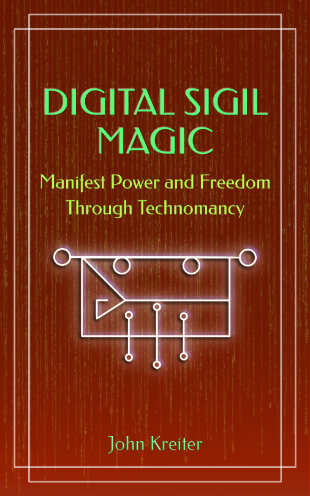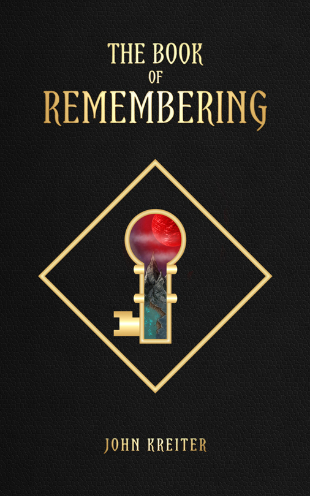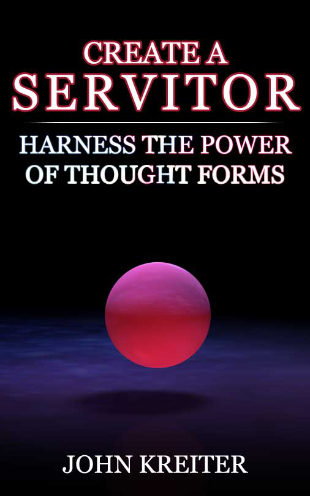In life we all make mistakes. It is essentially impossible to avoid not making a mistake. We are all human after all and as such it is really impossible for us to do anything without making some kind of mistake. The reason for this is that we are designed to learn from our mistakes, a mistake then is sort of like a correctional system the tells us how to do things better by showing us the wrong way to do it. Never get yourself down because you made a mistake as this is just a correctional system that we all use to better our final results.
There are times when we are performing certain tasks that do not allow us the freedom to make many mistakes. In these instances it counts that we make sure that we eliminate as many mistakes as possible. When this is the case, it is good to have a procedure at hand. This procedure can show you how you most often make mistakes and therefore can give you a heads up on how to curtail these errors before they happen.
The top five reasons why we usually make mistakes are:
1. Inexperience; any time that we lack experience, we are bound to make mistakes. When we attempt new things, things that we have never done before, it becomes very difficult to predict future actions and results. In order to avoid this most common mistake, make sure that you familiarize yourself as much as possible with your intended future task. Try to create simulations for yourself so that you are able to practice ahead of time and in this way anticipate any problems that might develop.
2. Forgetfulness; if there are people out there with perfect memories, then they must be very few indeed. Most of us tend to forget, and as a result we forget past experience. No one can remember everything, and keeping everything in mind before attempting any new task is also impossible. You can lower the mistakes that you make from forgetfulness by keeping a journal of certain key tasks that you do or might do in the future. In this way you can minimize some of the problem that comes from forgetfulness, but you must always remember as well to review this journal on a regular basis.
3. We deny problems; because of personal desire or fear, we sometimes deny the fact that we had made a mistake in the past. Even the fear of failure itself can cause us to forget, either consciously or unconsciously, that we had failed before doing a related task. In order to overcome this problem you must always try and stay as objective as possible. Realize that a mistake can be made by anyone and that any emotional attachment is really a fundamental waste of energy. Be objective and look at your successes and your failures objectively, and in this way discover better strategies and better attitudes while engaging in future tasks. Denial of the problem will only create more problems in the future.
4. We have no alternative; we often make mistakes because we believe that we have no alternatives. The feeling that we don’t have any other way to deal with a problem stems from a lack of experience, ability, and skill. This particular reason for mistakes is very much linked to our first reason for typical mistakes, which is lack of experience. It is always imperative that you try to develop new skill with every mistake you make. As you identify your mistake, try to find solutions for the future and through the development of the solutions try to develop also the skills required for future accomplishment.
5. Habit; as I have mentioned in other articles, routine can be a big killer of the imagination. Habits make us feel safe in that by following a particular routine there is no need to think or to put ourselves outside of our comfort zone. If you expect something to be a certain way out of habit, then you will be blinded to unexpected circumstances which you could not foresee because of your dogmatic attitude. Always therefore try to see things from different perspectives, try new approaches, and push yourself to think outside the box. The animal the follows his habits and routines blindly is easily trapped.
By reviewing the five reasons above, you should be able to greatly reduce the amount of mistakes that you make while attempting any future task. The idea here is to try to be well prepared and create alternatives and solutions for any future mistakes by examining the most probable reasons why mistakes are made in the first place. We all make mistakes and we must realize the mistakes are there to show us a better way to do things in the future. Learn from these mistakes and also practice the above five; in this way you should be able to either profit from any mistake that you make or avoid making mistakes in the future when you are engaged in a highly competitive game.



















Leave a Reply